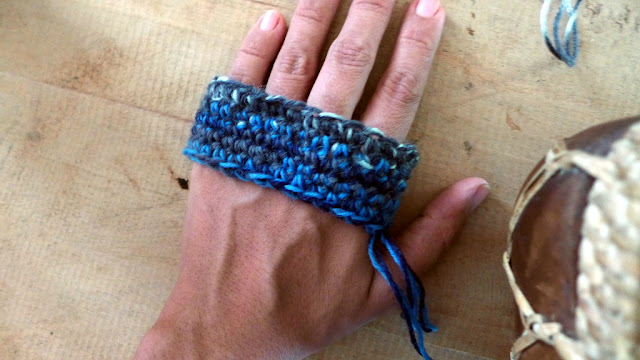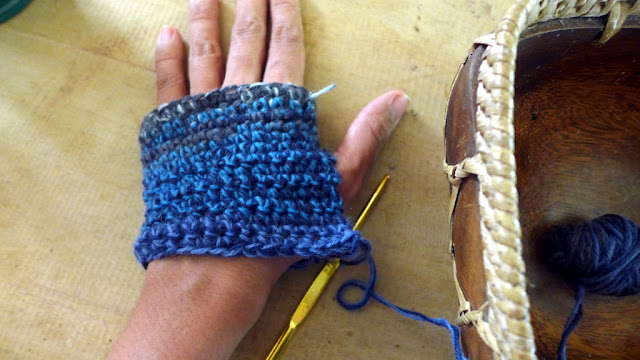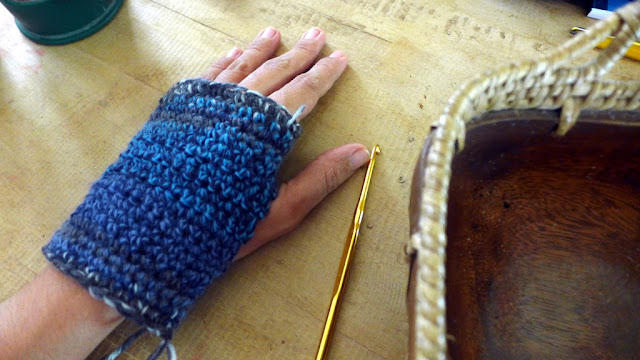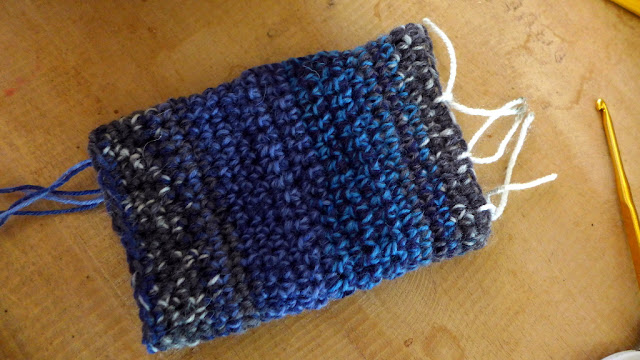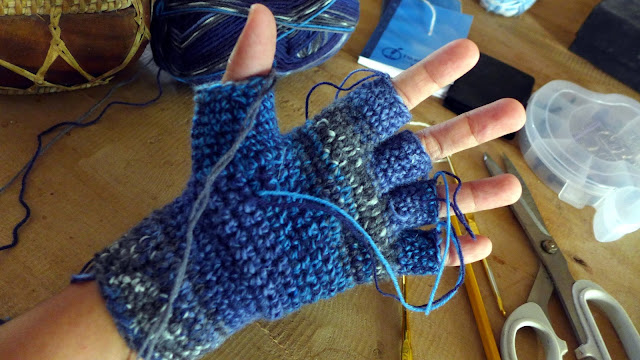Crocheting a Pair of Fingerless Gloves
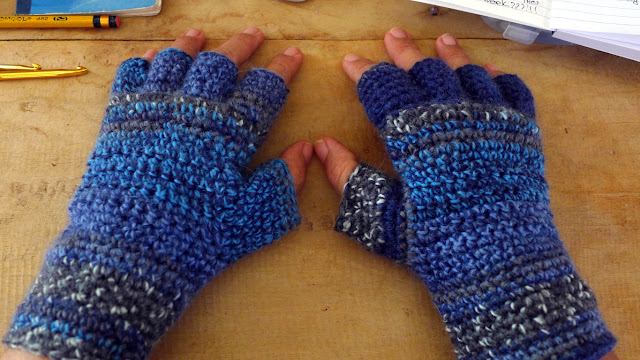
For this project I used SuperSock by Ice Yarns. The yarn is quite fine (it is fingering weight yarn at 400 meters in 100 grams) so I used two strands held together and a 4mm crochet hook. Here is a documentation of how I made a pair of fingerless gloves. The number of stitches you need will depend on your own size. Remember to take note of the number of rounds and stitches you use since you will be making a second glove in the exact same manner.
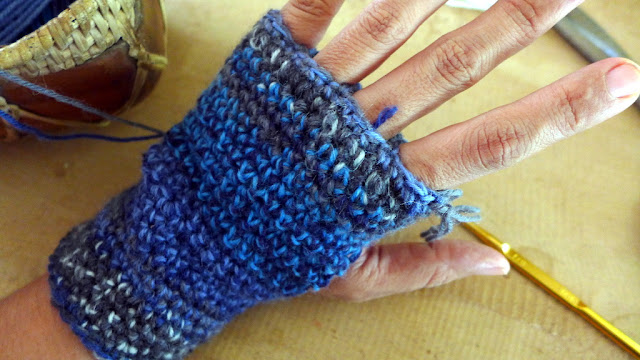
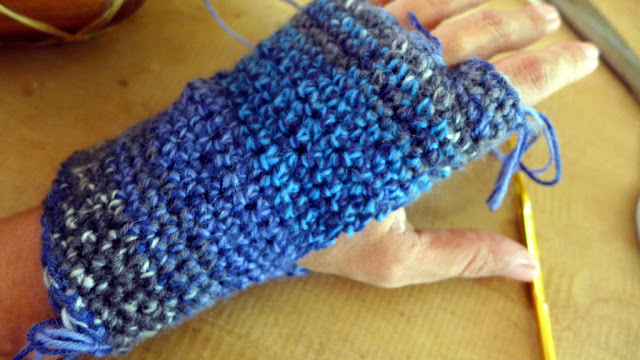
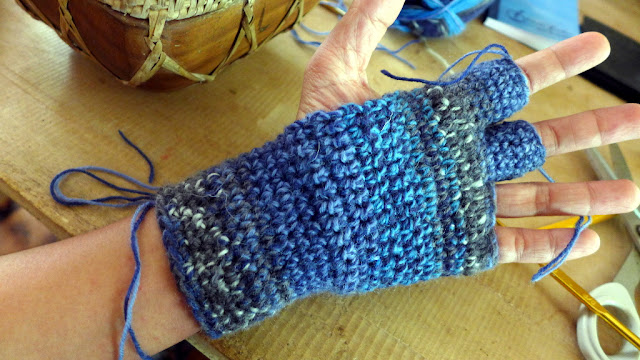
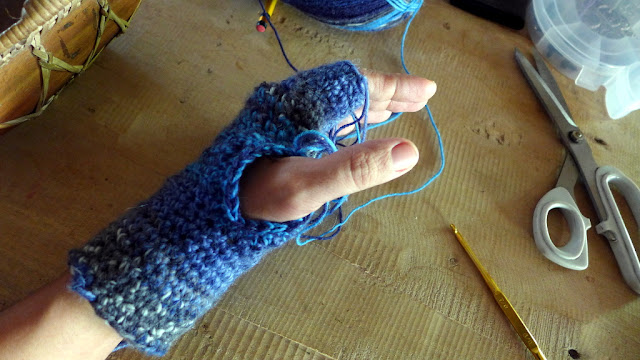
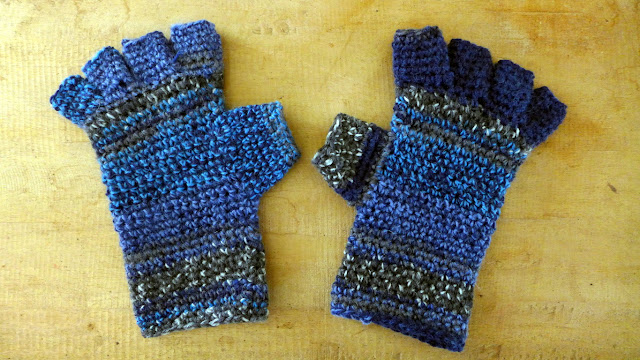
Crochetology by Fatima, Philippines
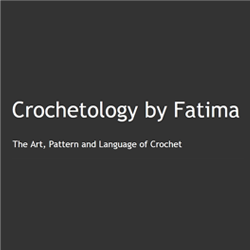
PROFILE
Fatima Lasay is an artist based in Bohol island, Philippines. She learned to crochet as a child and took it up again in 2007 as therapy for depression. That same year she set up Crochetology.net to talk about pattern making. The idea is to get crocheters to develop ways of making their own patterns. Now Fatima specializes in crocheted lace and its various manifestations in jewelry, apparel, and lingerie.
Her crochet patterns are mostly about modification, improvisation, problem solving. She sells her crochet patterns on Ravelry.
Main Research Source
- Crocheting a Pair of Fingerless Gloves (21/07/2017)


